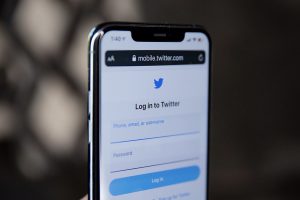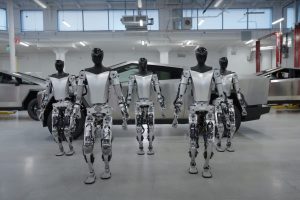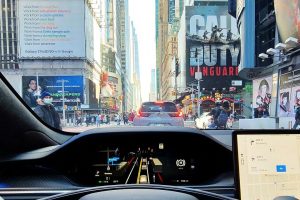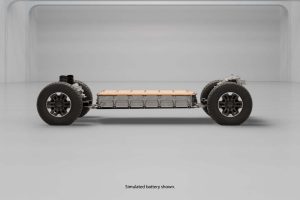Elon Musk has made his opening remarks in a Wilmington, Delaware, courthouse on Monday morning, defending Tesla’s $2.6 billion acquisition of solar energy company SolarCity. The deal took place in 2016 and gave Tesla full possession of the solar panel maker, a move that some Tesla shareholders were not keen on, as some are alleging the move was a bailout of SolarCity.
The lawsuit indicates that Musk applied heavy pressure on Tesla’s board to purchase SolarCity back in 2016, as the company was running low on cash and was likely headed for bankruptcy. Musk owned a 22% stake in SolarCity at the time of Tesla’s acquisition. Interestingly, Musk also owned around 22% of Tesla at the time of the SolarCity purchase. SolarCity was founded by two of Musk’s cousins, Lyndon and Peter Rive.
Vice Chancellor Joseph Slights will sit in on the two-week trial in Courtroom 7E in the Wilmington Courthouse. He will ultimately decide whether Tesla’s purchase of SolarCity was fair to shareholders.
Musk commented on questions asked by his attorney, Evan Chesler, initially, stating that the nature of the transaction did not result in any monetary gain for him personally. He said (via Reuters):
“Since it was a stock-for-stock transaction and I owned almost exactly the same percentage of both there was no financial gain.”
Tesla shareholders requested that Musk repay Tesla the $2.6 billion price tag for the SolarCity acquisition. If this were to occur, it would be one of the largest judgments ever to be decided against one person. If Judge Slights decides that the acquisition was unfair to Tesla shareholders, he could ultimately decide on another amount, a number that could be much lower than the actual purchase price that Tesla paid.
Musk added that the acquisition of SolarCity was a key component to “Master Plan, Part Deux,” the second faction to the CEO’s “top secret” playbook for transitioning the world to sustainable energy. Additionally, he stated that he did not control the appointment or compensation of SolarCity board members at the time of the acquisition, and he did not influence the deal’s terms. Musk maintains that his relationship with the SolarCity Board of Directors is “good” and that they “work hard and are competent.”
Musk was cross-examined by the shareholder attorney Randy Baron, who told the Tesla CEO that it could be a long two weeks. In typical Musk fashion, he replied, “I can tell by the binder.”
Ultimately, legal experts indicate that Judge Slights will be looking for any sort of evidence that would conclude Musk threatened directors or board members to decide in favor of purchasing SolarCity. Reuters said in its coverage of the trial that one of the turning points of the trial will be allegations that Musk was a controlling shareholder. If this can be proven, it would likely imply that the deal was unfair to shareholders and could impose tougher legal implications for the CEO.
Slights will not decide Musk’s fate at the tail-end of the trial. A verdict will likely come months down the road after plenty of deliberation.





